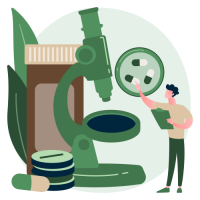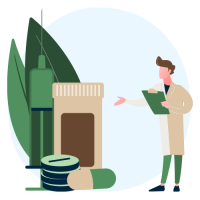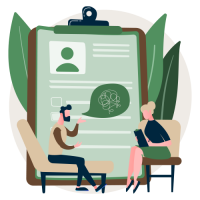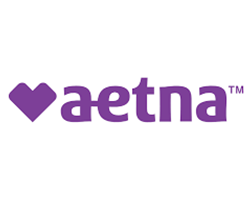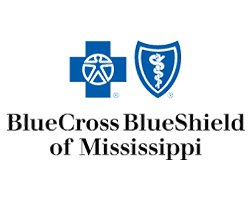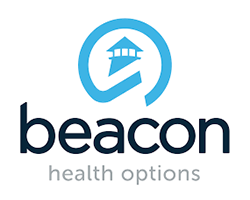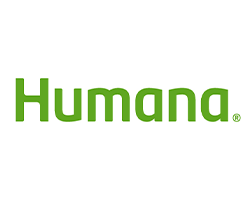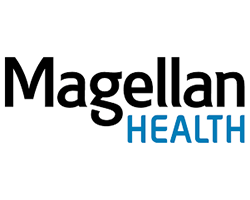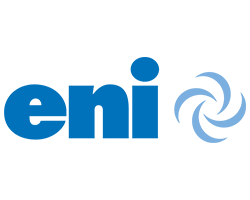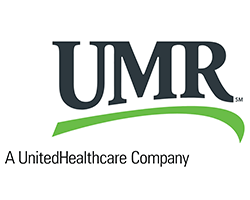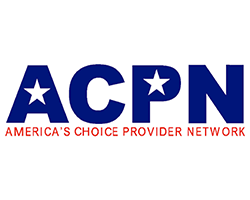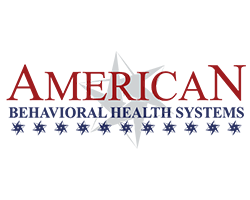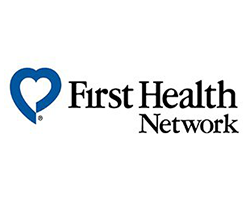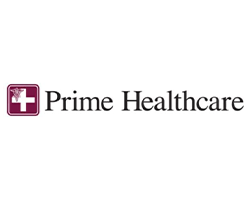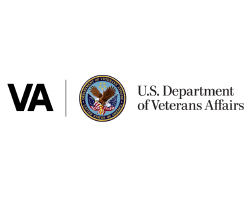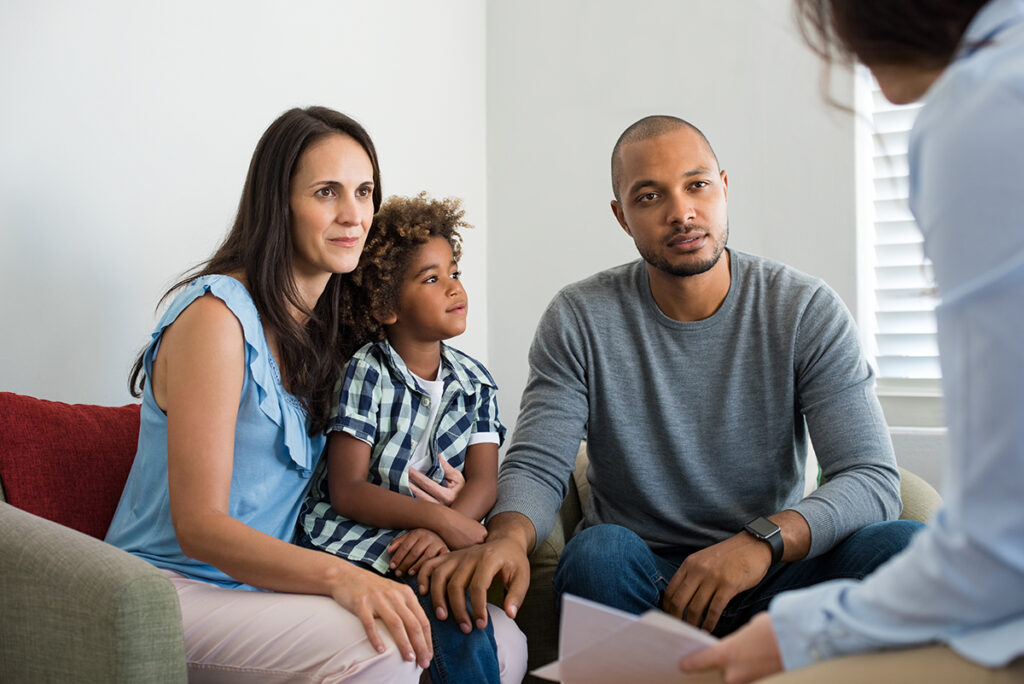Addiction impacts far more than just the person struggling with substance use—it deeply affects their loved ones, especially family members. It can cause emotional strain, financial problems, communication breakdowns, and a loss of trust. As addiction progresses, family members may change their behaviors to cope, often taking on unhealthy roles or responsibilities.
Families may find themselves constantly worried, angry, or confused. The household may become unpredictable, with days shaped by chaos or fear. When addiction is present, it’s not uncommon for families to feel isolated. Woodland Recovery Center offers family therapy for addiction in Mississippi, helping families and individuals in addiction treatment take the first step toward healing together.
How does addiction affect families?
The emotional and psychological effects that families experience
Family members often carry a heavy emotional burden. Living with or caring for someone with addiction can lead to chronic stress, anxiety, depression, and even trauma. Parents may feel guilt, siblings might feel overlooked, and partners often battle feelings of hopelessness.
These emotional effects don’t go away on their own. Over time, they can lead to burnout and health issues. Children growing up in these households may develop low self-esteem or emotional regulation issues. Professional support and family-focused therapy can make a meaningful difference.
What family roles can develop in response to addiction?
Families coping with addiction sometimes fall into certain roles that form unconsciously. While these roles may help manage the crisis in the short term, they often create long-term concerns.
Some of the most common roles include:
- The enabler: Often tries to smooth things over, sometimes by covering up the addiction or making excuses
- The hero: Usually overachieves to make up for the family’s dysfunction and keep things appearing “normal”
- The scapegoat: Draws attention away from the person with addiction by acting out
- The lost child: Withdraws from the situation, feeling invisible or forgotten
- The mascot: Uses humor to cope and lighten the mood
Recognizing these patterns through therapy helps families rebuild healthier dynamics. Woodland Recovery Center offers addiction therapies like family therapy to help families work through these challenges.
How does addiction impact children in the home?
Children in homes affected by addiction are especially vulnerable. They may not receive the emotional attention or care they need. In some cases, neglect or exposure to conflict becomes part of everyday life. This can result in emotional trauma that follows them into adulthood.
Children exposed to substance use disorders are also at higher risk for developing addiction themselves later in life. Early intervention can change that trajectory. Support services like family therapy for addiction and child-focused counseling can help break the cycle. Woodland Recovery Center encourages clients with children to include them in the healing process when appropriate.
What financial and social challenges do families experience due to addiction?
Addiction often places a heavy financial burden on families. Money may be spent on substances, legal fees, or medical care. Job loss or inconsistent employment can make matters worse. Families might dip into savings, accumulate debt, or even face housing insecurity.
Social relationships may also suffer. Loved ones might withdraw from extended family or community groups due to shame or embarrassment. Birthdays, holidays, and other celebrations may feel tense or disrupted. Woodland Recovery Center connects families with resources and planning tools to restore financial and social well-being.
Why is family involvement essential in the recovery process?
Families are essential partners in the journey to recovery. Their support can be the encouragement someone needs to seek treatment. Staying involved during treatment also helps the family heal and grow together.
When families understand the nature of addiction, they can better support their loved ones and set healthy boundaries. Involved families often lead to better treatment outcomes.
What are the benefits of family therapy during addiction recovery?
Family therapy offers a safe place to talk, rebuild trust, and understand how addiction has affected each member. It also allows for honest communication that may have been lost or damaged over time.
Therapists help families:
- Learn healthy ways to communicate
- Understand addiction as a disease
- Set boundaries and roles
- Express emotions in a constructive way
Woodland Recovery Center’s licensed family therapists collaborate with clients and their loved ones to build a solid foundation for lasting recovery.
What support resources are available in Mississippi?
Mississippi families have options when it comes to finding support. At Woodland Recovery Center, we provide local, accessible resources tailored to families dealing with addiction. Our family therapy is available to those living nearby or with a loved one in treatment. Family addiction counseling can offer a safe and supportive space for communication, education, and healing.
In addition to our family addiction support in Mississippi, several other support resources are available in Mississippi. These include:
- The Mississippi Department of Mental Health: This government agency provides mental health services, including addiction treatment, and a 24/7 crisis hotline for immediate help
- Local support groups: Mississippi communities offer support groups for families affected by addiction, providing understanding, guidance, and practical advice
- Online support communities: Virtual support communities, like online forums or social media groups, can offer connection and support for families dealing with addiction. These communities provide a safe space for sharing experiences and finding resources.
- Nar-Anon and Al-Anon: These are support groups specifically for family members of individuals struggling with addiction. They offer a 12-step program and regular meetings where family members can share their experiences, receive guidance, and find solace in others who understand.
Support and resources can be invaluable when navigating the challenging journey of addiction within your family. Connecting with a community of individuals facing similar struggles can provide comfort, understanding, and the strength needed to support your loved one effectively.
How can families support recovery while protecting their well-being?
It’s easy to focus on helping a loved one that you forget to care for yourself. But your well-being matters, too. Supporting someone in recovery requires strength, patience, and clear boundaries.
Helpful steps for families include:
- Attending Al-Anon or Nar-Anon support groups
- Participating in therapy or counseling
- Practicing healthy self-care habits (e.g., sleep, exercise, nutrition)
- Seeking help when feeling overwhelmed
Remember, it’s possible to offer support to others without compromising your well-being.
What can families expect from Woodland Recovery Center’s family program?
At Woodland Recovery Center, family healing is just as important as individual recovery. Our programs are designed to include, educate, and empower families throughout the treatment process.
What to expect:
- A warm, welcoming environment
- Licensed addiction therapists who understand family dynamics
- Flexible scheduling for working families
- Continued resources even after treatment ends
Families are invited to participate in treatment planning and progress updates. Our admissions consultants can explain what to expect if you’re unsure where to begin. Give us a call today at 662.222.2989.
What should families do if a loved one refuses treatment?
It can be heartbreaking to watch someone struggle while refusing help. But there are still ways families can make a difference. Staying consistent, compassionate, and informed goes a long way.
What you can do:
- Avoid enabling behaviors like giving money or covering up the issue
- Set boundaries and stick to them
- Offer support without pressure or judgment
- Talk to professionals about intervention options
Sometimes, hearing from a treatment expert makes a bigger impact than hearing from a family member. Reach out to Woodland Recovery Center for advice on how to approach your loved one.
Is there hope for healing damaged family relationships?
Yes—rebuilding relationships takes time, but it’s absolutely possible. Addiction may have caused hurt, but recovery offers the chance to rebuild with honesty and trust.
Family therapy opens space for:
- Honest conversations
- Apologies and forgiveness
- A new understanding of each other’s pain
- Shared goals for the future
Families who heal together are more likely to support lasting recovery. Woodland Recovery Center has helped many families come back together stronger and more connected.
Call Woodland Recovery Center and explore the benefits of our family therapy program
Addiction isn’t an individual struggle—it’s a family challenge. But with support, education, and therapy, families can heal together. At our treatment centers in Southaven, MS, we provide the tools and care needed to rebuild relationships and support long-term recovery.
Whether you’re just beginning to seek help or looking for support for a loved one, we’re here to walk with you. Call 662.222.2989 or use our online contact form to speak with an admissions consultant today.



